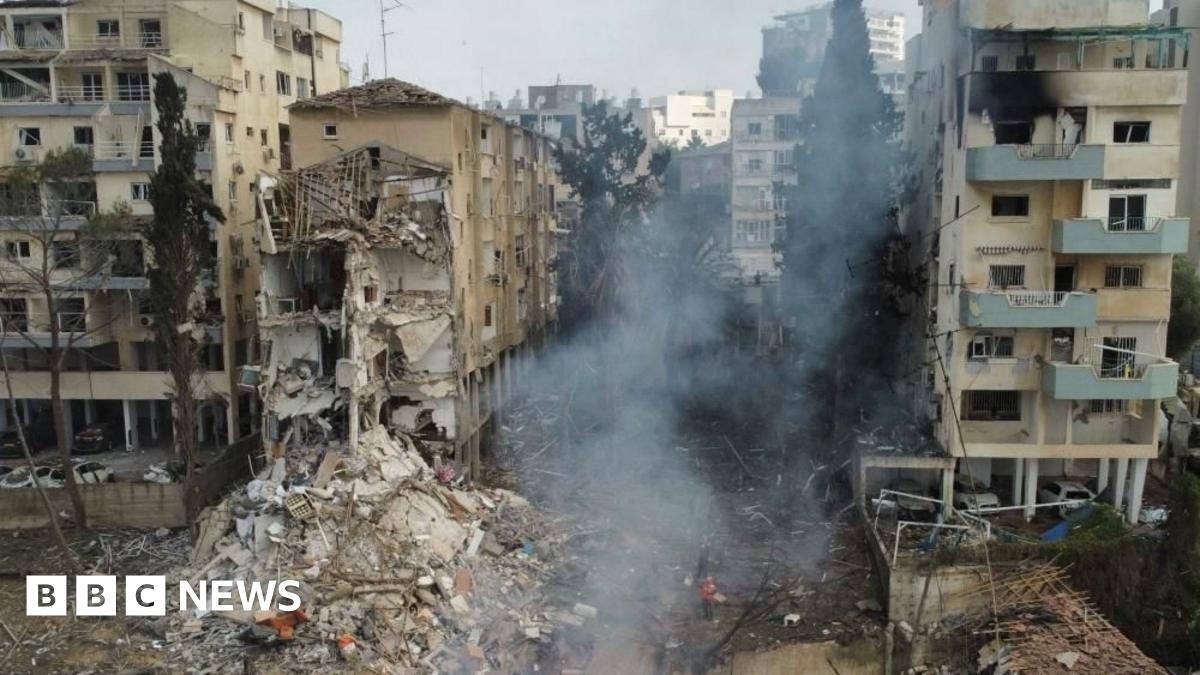Israel-Iran Conflict Escalates: Missile Strikes Claim Lives, IDF Urges Iranian Nationals to Evacuate

Tensions between Israel and Iran have dramatically escalated after a wave of Iranian missile strikes targeted Israel late Sunday and early Monday. The attacks, a direct response to a presumed Israeli strike on Iran's embassy in Damascus last week, have resulted in casualties on both sides, marking a significant escalation in the ongoing regional conflict.
Israeli emergency services have confirmed ten fatalities in Israel, with reports indicating that several others have been injured. The victims are being identified, and the extent of the damage is still being assessed. While Iranian state media has remained largely silent regarding casualties within Iran, unconfirmed reports suggest that some individuals may have been affected.
Israel's Defense Forces (IDF) have issued a stark warning to Iranian citizens residing near military installations, urging them to relocate to safer areas. This advisory underscores the severity of the situation and the potential for further escalation. The IDF has been actively engaged in intercepting incoming missiles, with significant assistance from allied nations, including the United States, the United Kingdom, and Jordan. These nations deployed their air defense systems to help neutralize the Iranian barrage.
The missile strikes represent a unprecedented direct attack on Israeli territory by Iran. While proxy groups have previously engaged in hostilities, this marks the first time Iran has directly launched an attack on Israel. The scale and intensity of the attacks have shocked many observers and raised concerns about a wider regional war.
International Reaction: The international community has reacted with a mixture of condemnation and calls for de-escalation. The United States has reaffirmed its support for Israel and condemned Iran's actions. The United Nations Secretary-General has urged both sides to exercise restraint and avoid further escalation. European leaders have echoed these sentiments, emphasizing the need for a diplomatic solution to the crisis.
What's Next? The situation remains highly volatile. Israel is expected to respond to Iran's attacks, although the timing and nature of that response remain unclear. Analysts suggest that Israel may opt for a targeted strike aimed at degrading Iran's military capabilities, while avoiding a full-scale war. However, the risk of miscalculation and unintended escalation remains high. Diplomatic efforts are underway to prevent further escalation and find a path towards a ceasefire, but the prospects for a swift resolution appear slim.
The attack has highlighted the complex and dangerous dynamics of the Middle East, and the urgent need for a comprehensive approach to address the underlying causes of conflict. The region faces a precarious future as tensions continue to rise and the potential for further violence looms large. The world watches anxiously, hoping for a peaceful resolution to this escalating crisis.






